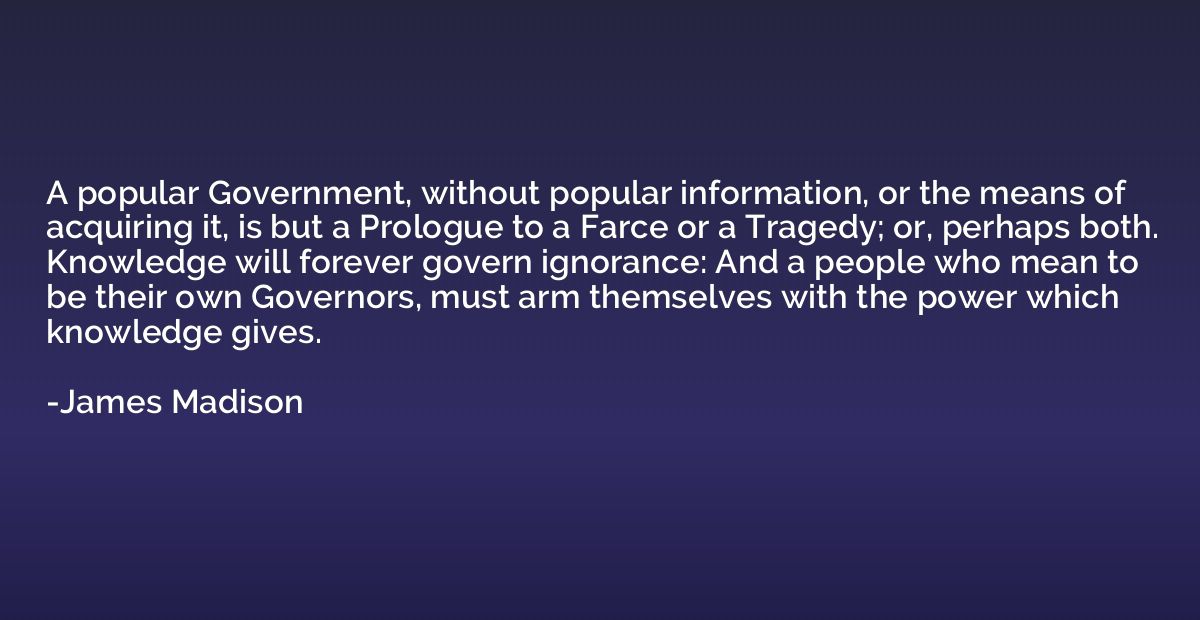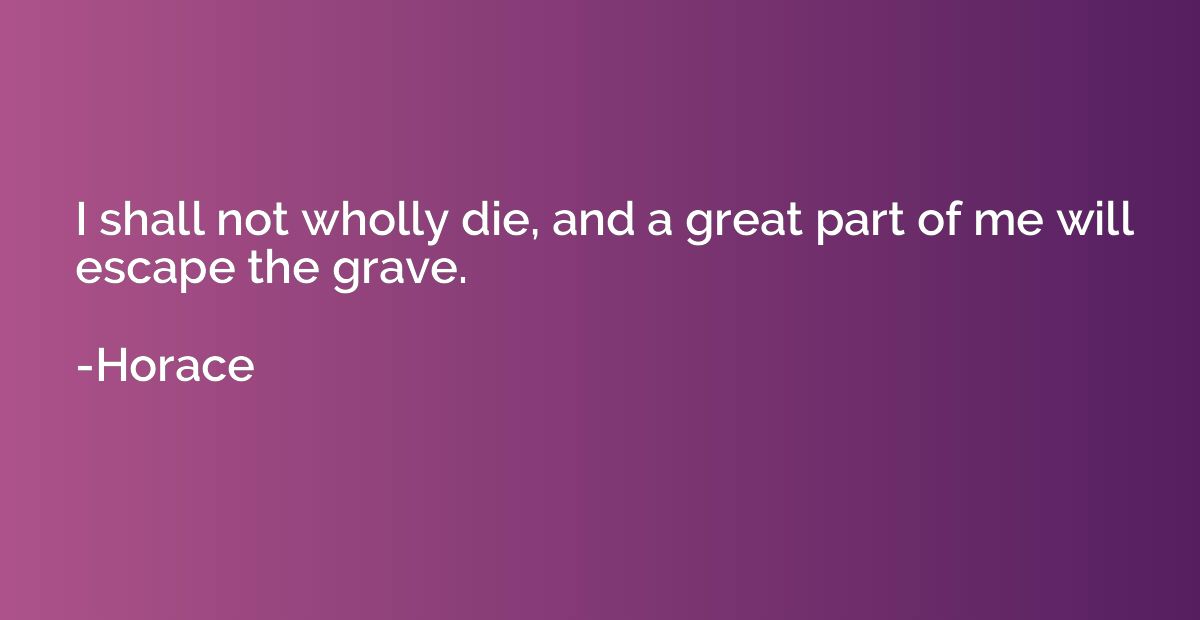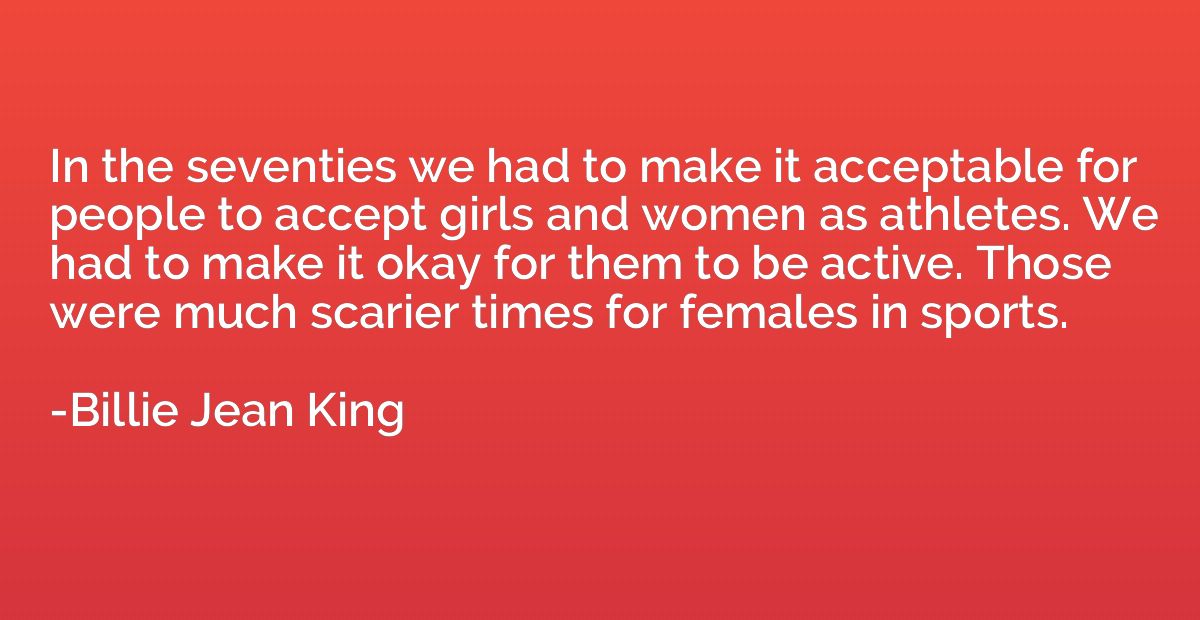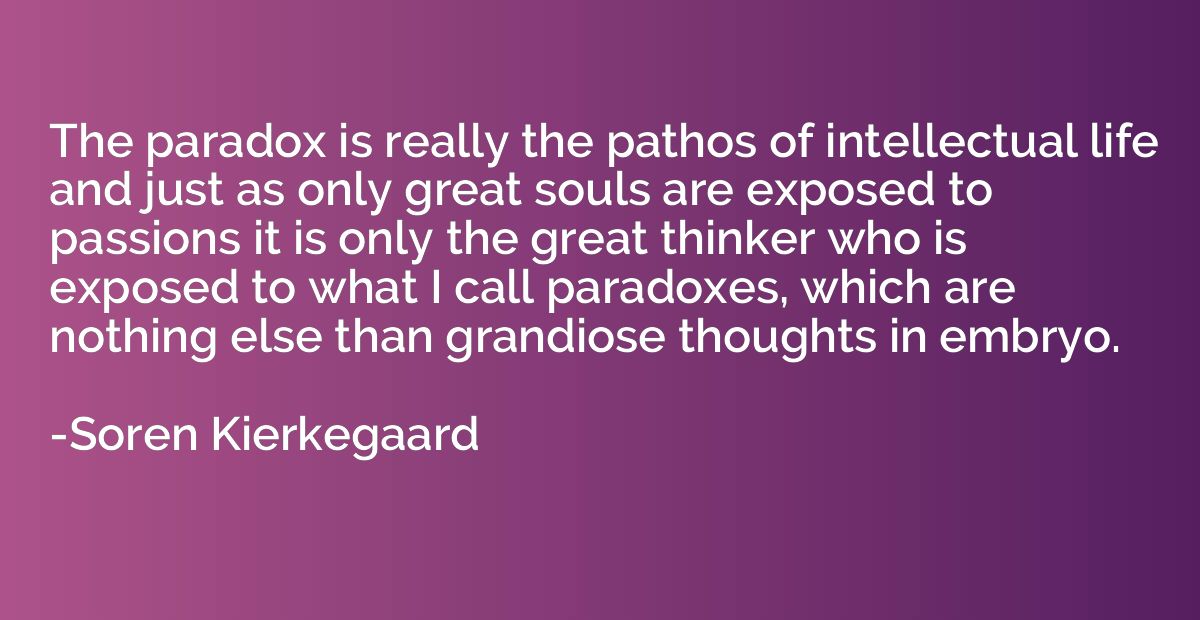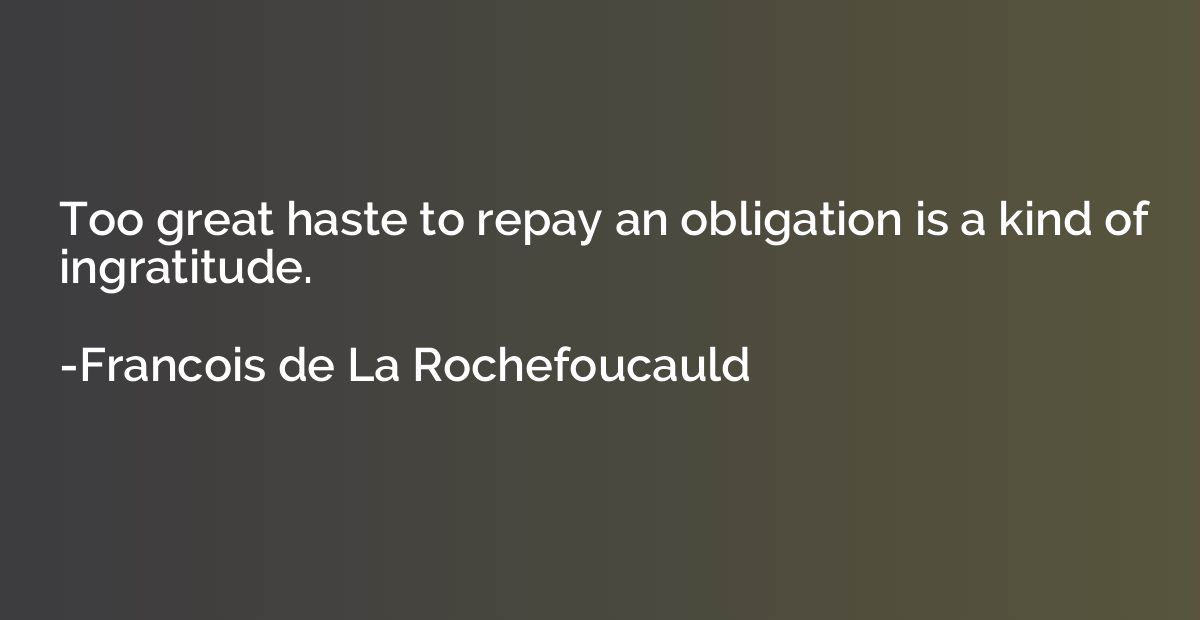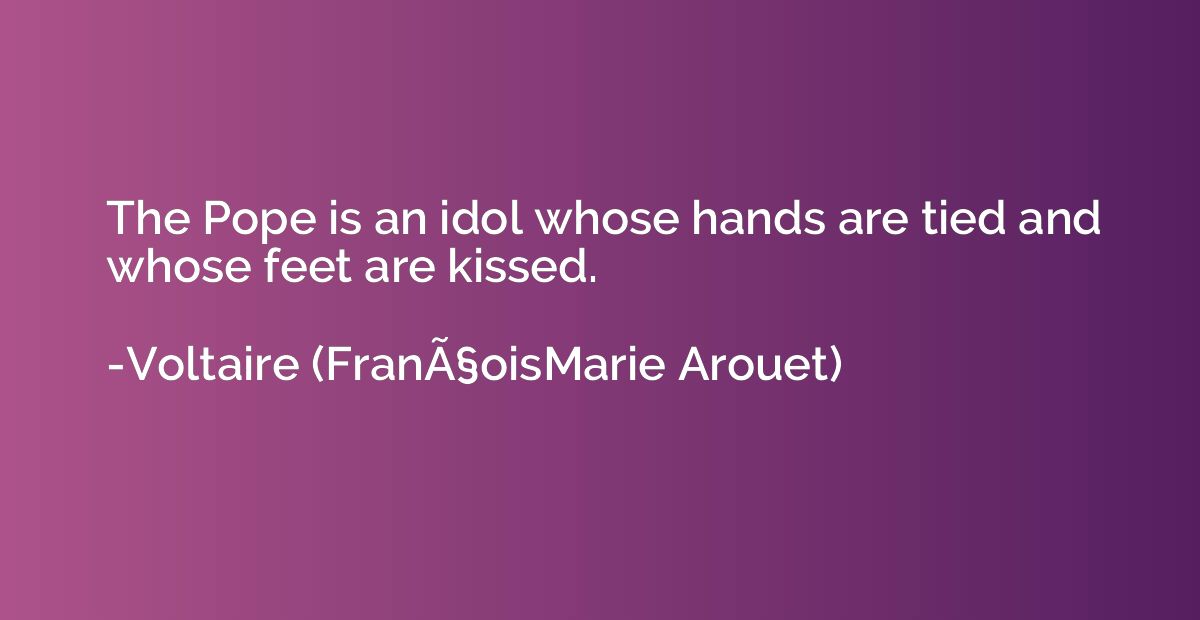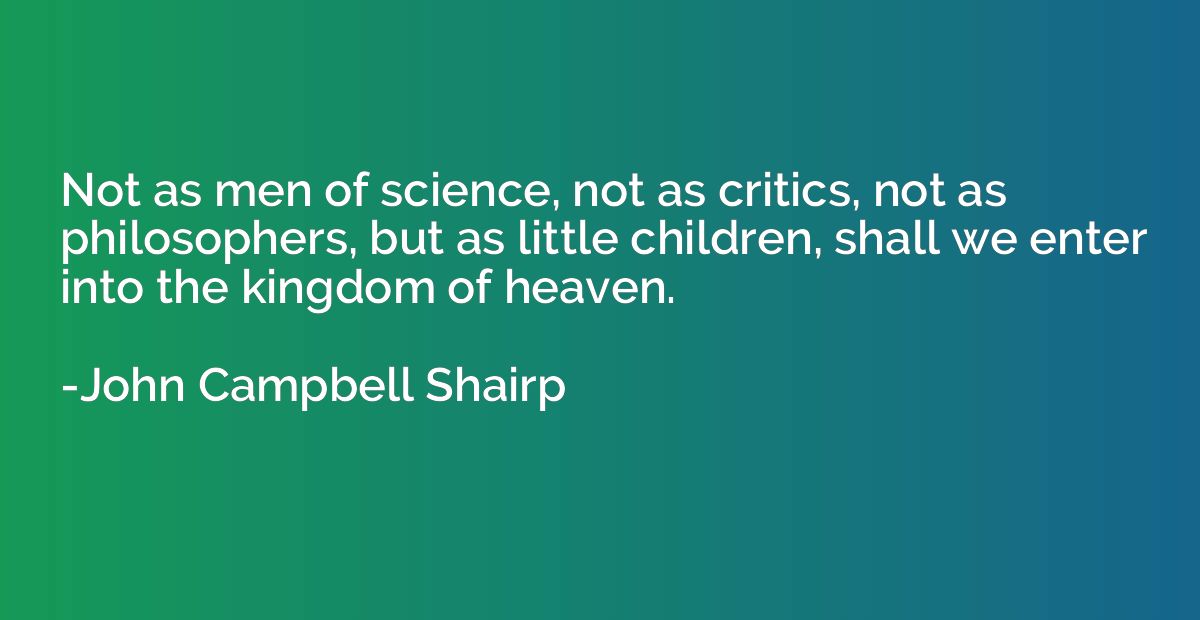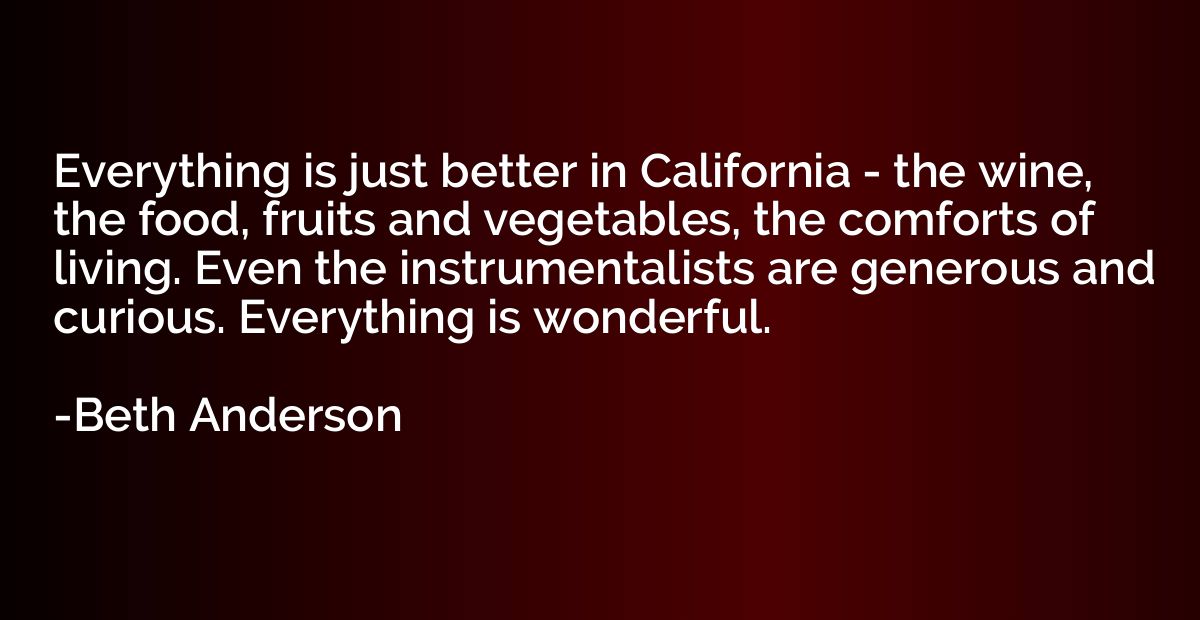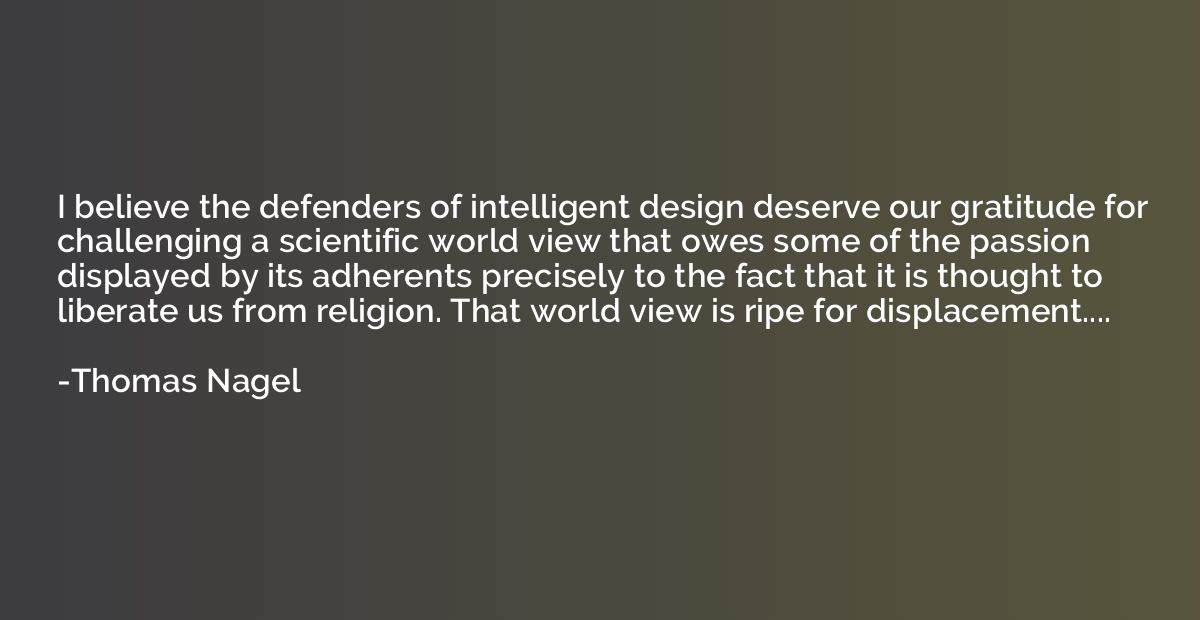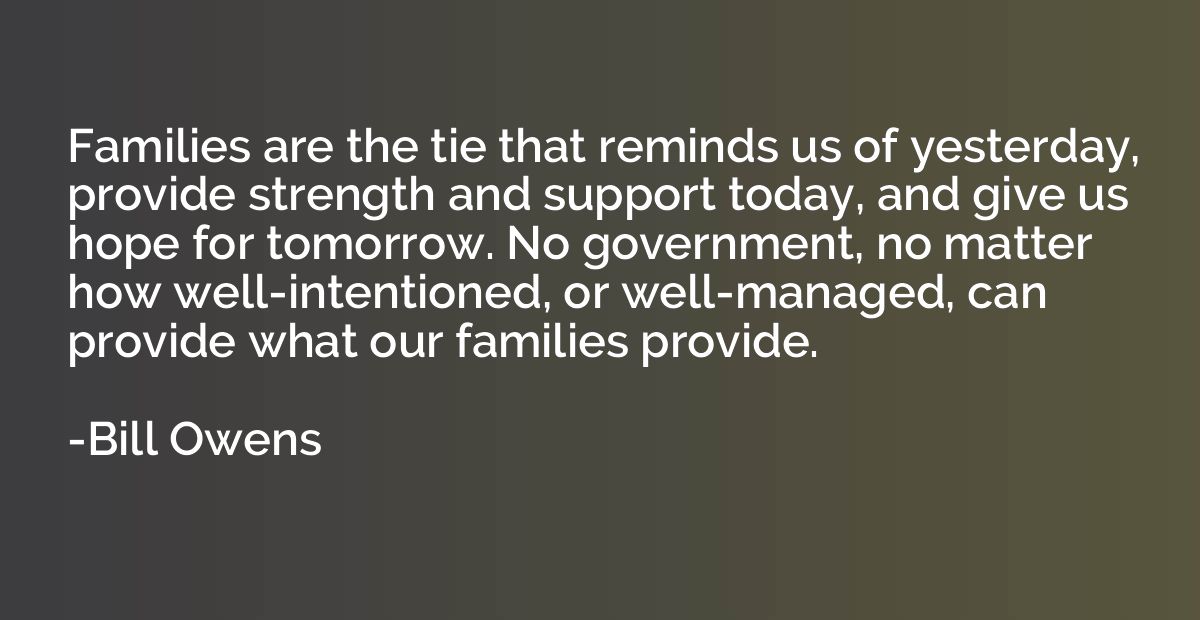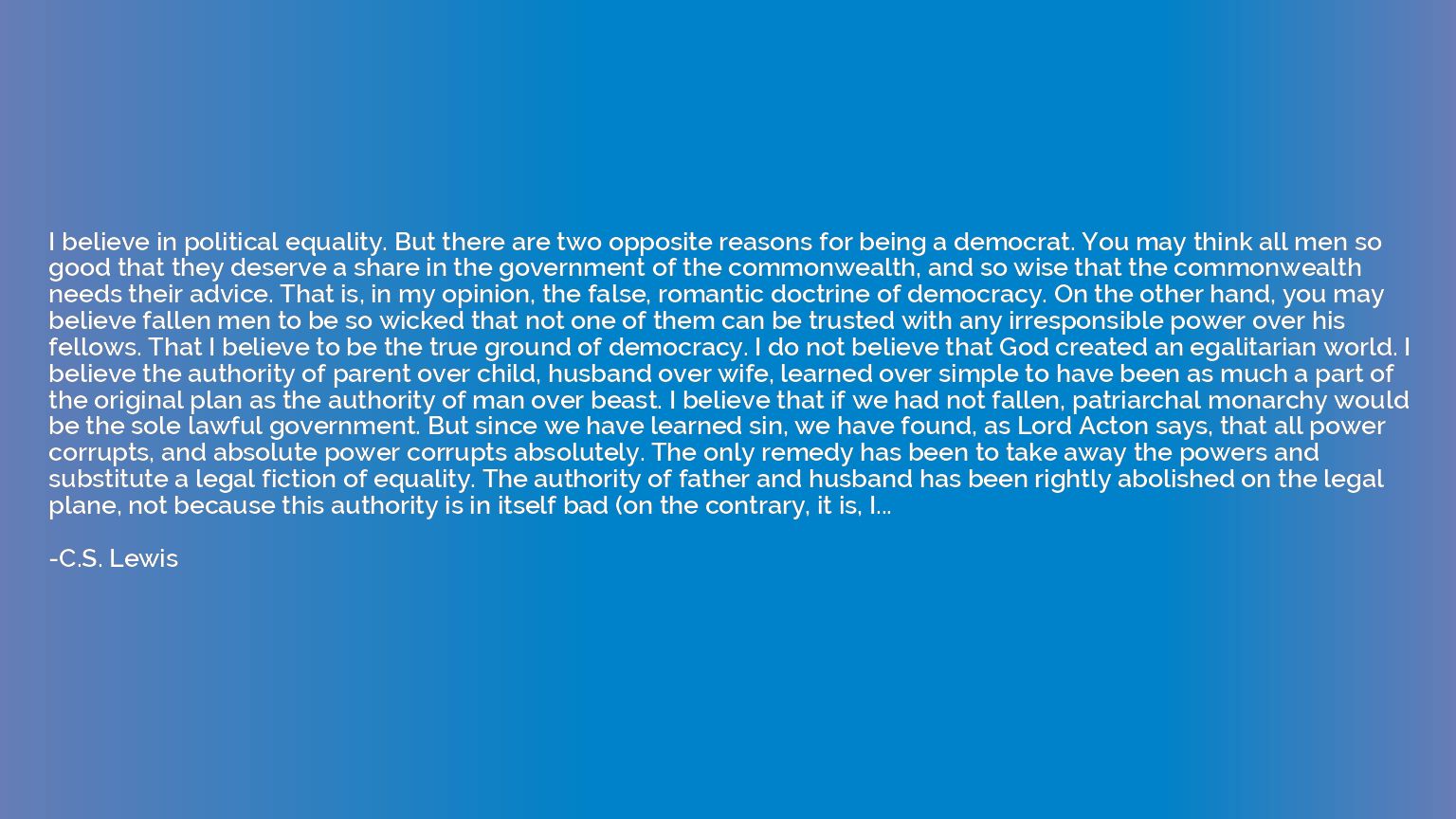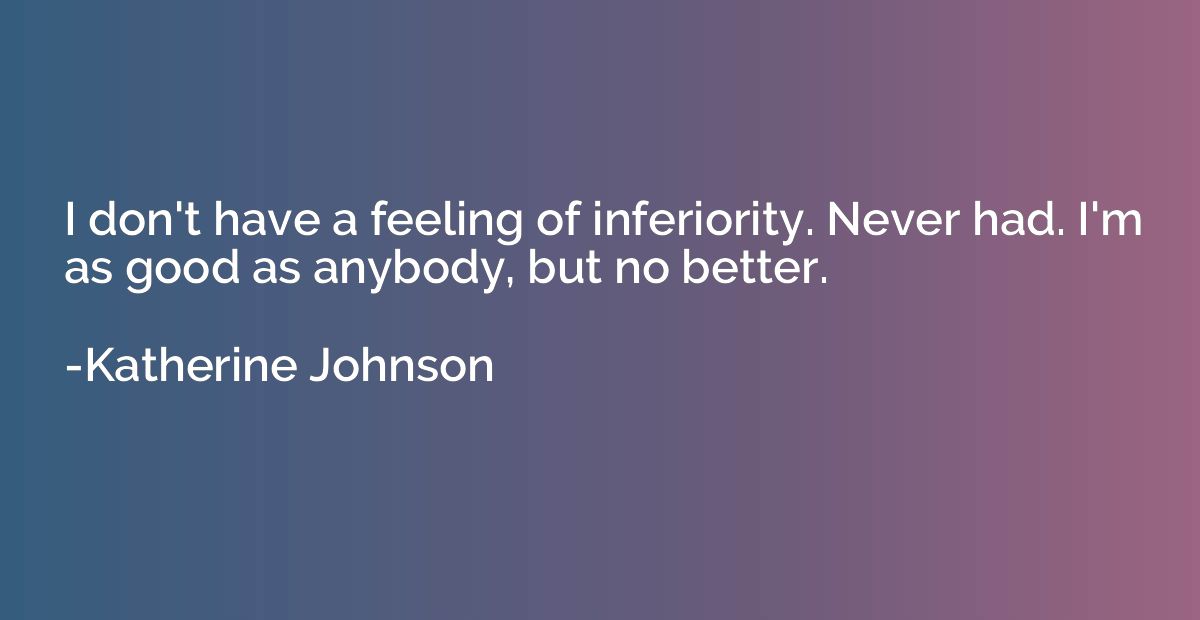Quote by Harry Emerson Fosdick
He who knows no hardships will know no hardihood. He who faces no calamity will need no courage. Mysterious though it is, the characteristics in human nature which we love best grow in a soil with a strong mixture of troubles.
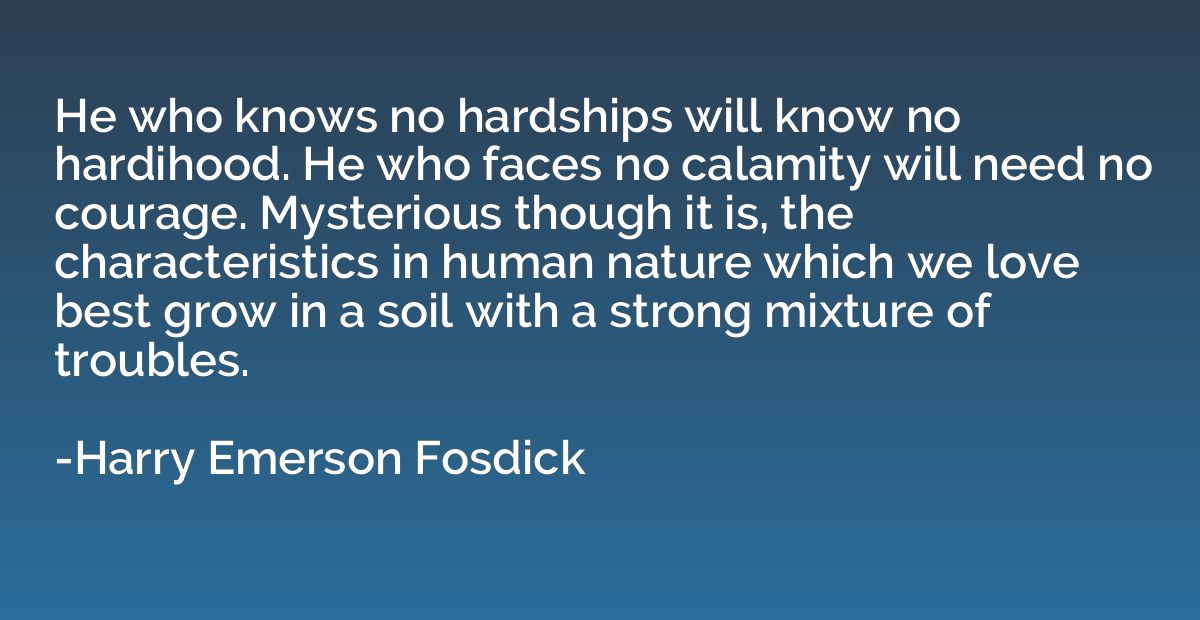
Summary
This quote suggests that experiencing hardships and challenges provides individuals with the opportunity to develop important qualities such as strength, resilience, and courage. Without facing difficulties and calamities, people may never fully cultivate these desirable attributes. The quote emphasizes that these qualities, while mysterious in nature, tend to flourish in the presence of troubles. It suggests that adversity plays a crucial role in shaping the admirable characteristics we admire and value in human nature.



